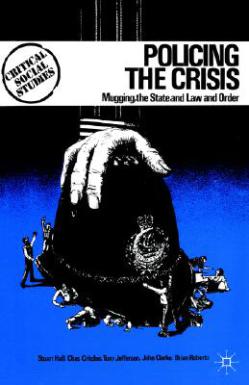
Bringing the theme of work back on the political agenda. How? With whom? The answer to the last question seems obvious: with the workers themselves. Getting to know them again, these unknowns. Getting them to speak again, these mutes. Bringing the place of work back into the non-places of today’s politics.(Tronti)
If international developments are any guide, in coming years there will be major social struggles in Australia over these and other issues. Workers would be best served by starting a conversation based around how to secure their collective interests, whether or not they are part of a union. It is a conversation that should not be delayed by the distant hope the existing union movement will solve it by itself.(Humphrys and Tietze 2014)
This is part one of our investigation into our days at work, experiences of work, the various forms of worker self-activity and the positives and negatives of our experiences with unions. We are talking to Michael who works for Qld Rail. You will hear Renee, Tom, Dave & Rob ( and Arlo in the background). Hopefully you will be able to subscribe via iTunes soon.
Listen to this episode or Download this episode (right click and save)
#HooHaLTD
Humphrys, Elizabeth, and Tad Tietze. 2014. Qantas and Job Losses: The Reality of Union Decline Must Be Faced. theguardian Comment is Free 2014 [cited 22nd March 2014]. Available from http://www.theguardian.com/commentisfree/2014/mar/05/how-relevant-are-australian-unions.
Tronti, Mario. 2012. Politics at Work [cited 30th December 2012]. Available from http://libcom.org/library/politics-work.


